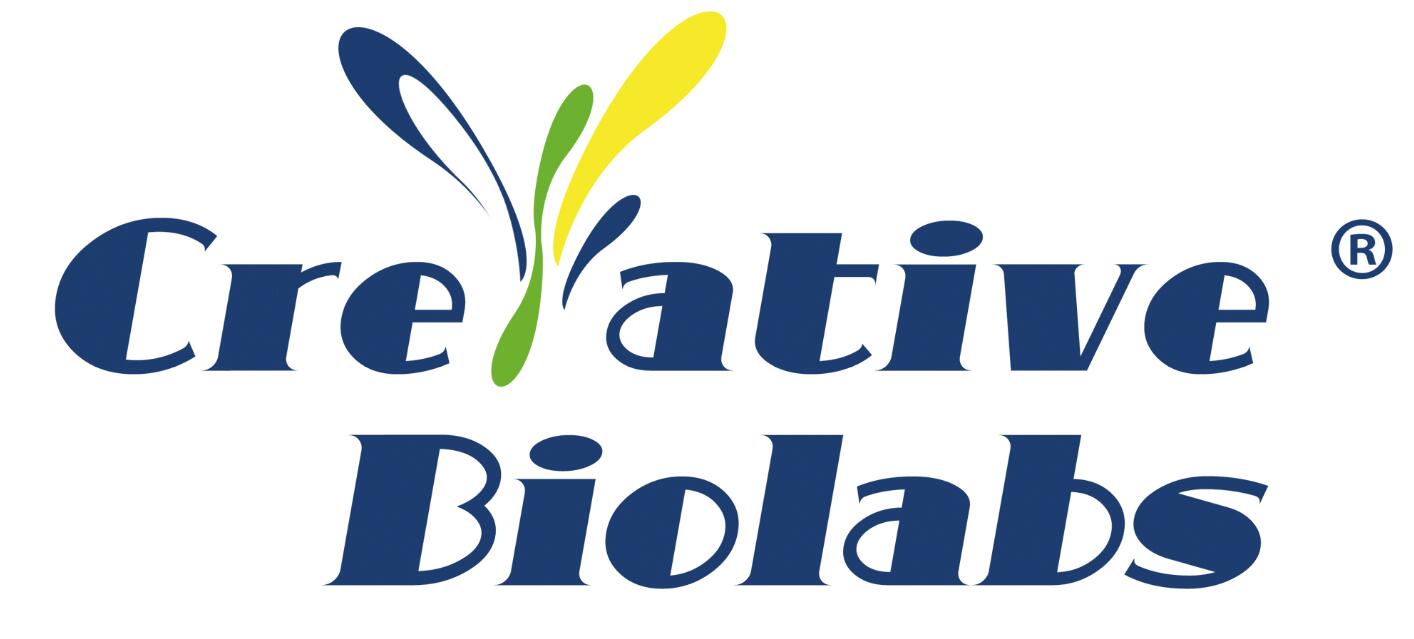Nebraska is conducting the first clinical trial of possible coronavirus treatment, which is expected to eventually include 400 patients in 50 locations around the world, officials said. In this international study, half of the patients will receive the antiviral drug Remdesivir, while the other half will receive a placebo. Several other studies, including one on the same drug, have been carried out internationally. All potential participants are required to undergo a basic physical examination before receiving treatment. Qualified study participants will be randomly assigned to either the study treatment group or the placebo group. This is a double-blind study, which means that trial researchers and participants do not know who is receiving Remdesivir or placebo. Participants in the treatment group were given 200 milligrams of Remdesivir intravenously on the first day of the study. During their hospitalization, they will take an additional 100 milligrams per day for a total of 10 days. The placebo group will receive a solution similar to Remdesivir in the same volume, but containing only inactive ingredients.
Clinicians will monitor participants regularly and score them daily based on pre-set clinical outcome scoring criteria, such as temperature, blood pressure and oxygen supplement. Participants will also be required to take blood samples and nasopharyngeal swabs about every two days. The researchers will conduct SARS-CoV-2 tests on these samples.
Initially, the researchers will compare the results of the Remdesivir group and the placebo group on the 15th day to see if the drug has increased clinical benefits compared to the placebo. The results will be scored on a 7-point scale, from complete recovery to death. At the same time, the investigators will re-evaluate the scale after completing a review of the data of the top 100 participants. The Data and Safety Monitoring Board (DSMB) will monitor ongoing results to ensure the health and safety of patients and the integrity of the study. If there is clear and substantial evidence that there is a treatment difference between the drug and the placebo, DSMB will recommend that the study be discontinued.
At least two studies are already under way in China, including one conducted by Gilead Sciences on Remdesivir, and another involving a combination of AIDS drugs containing lopinavir and ritonavir.
In a draft research plan released last month, the World Health Organization (WHO) said Remdesivir was considered “the most promising drug candidate”. Before the study stopped, it had been used briefly in some Ebola patients in the Congo. But laboratory studies cited by WHO suggest that it may be able to target SARS and Middle East respiratory syndrome, which are close relatives of the new virus. Gilead provided the drug to a small number of patients, including a man from the State of Washington who fell ill after traveling to Wuhan, the epicenter of the epidemic. He has been discharged from the hospital, but it is not clear whether the medicine will help him.

